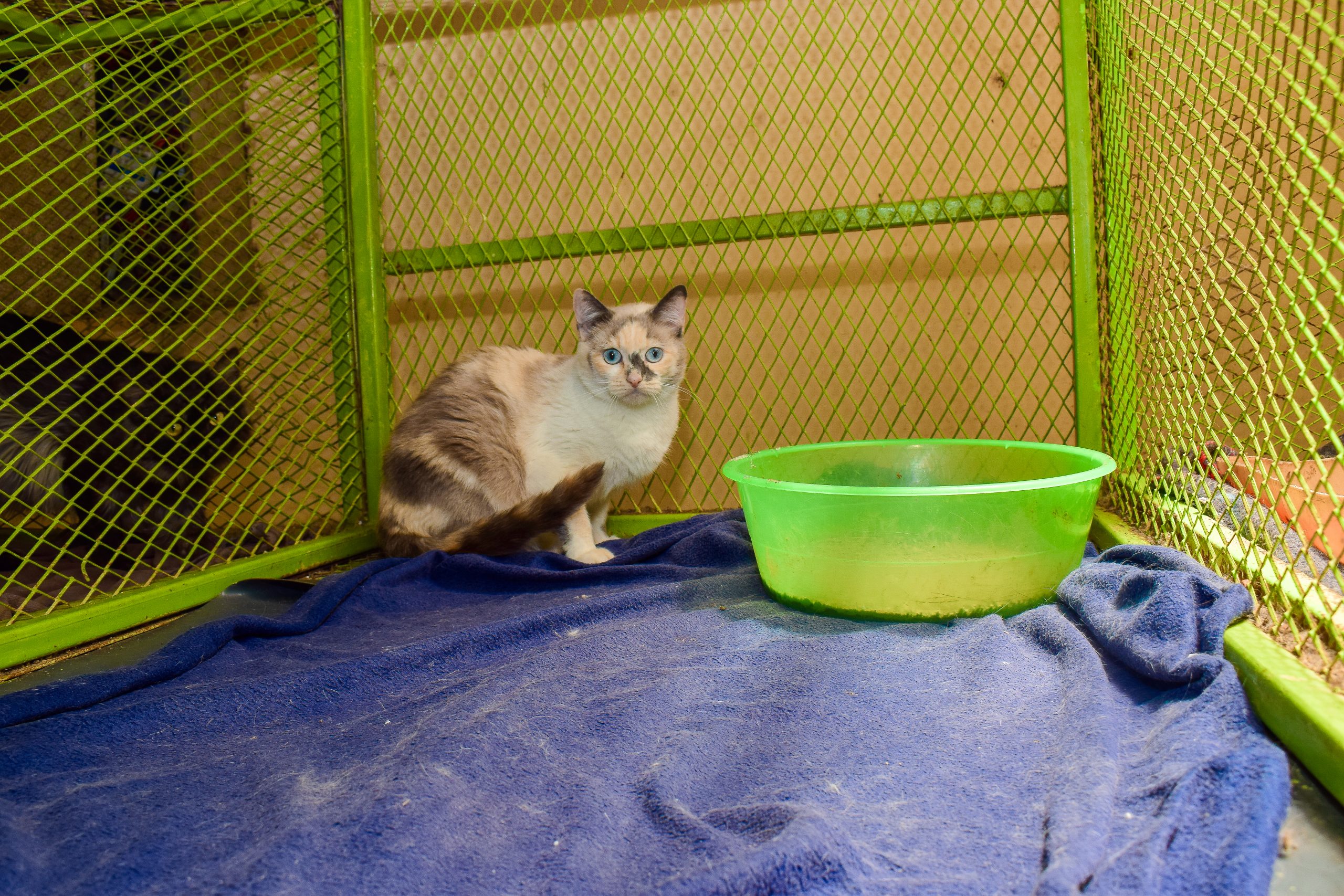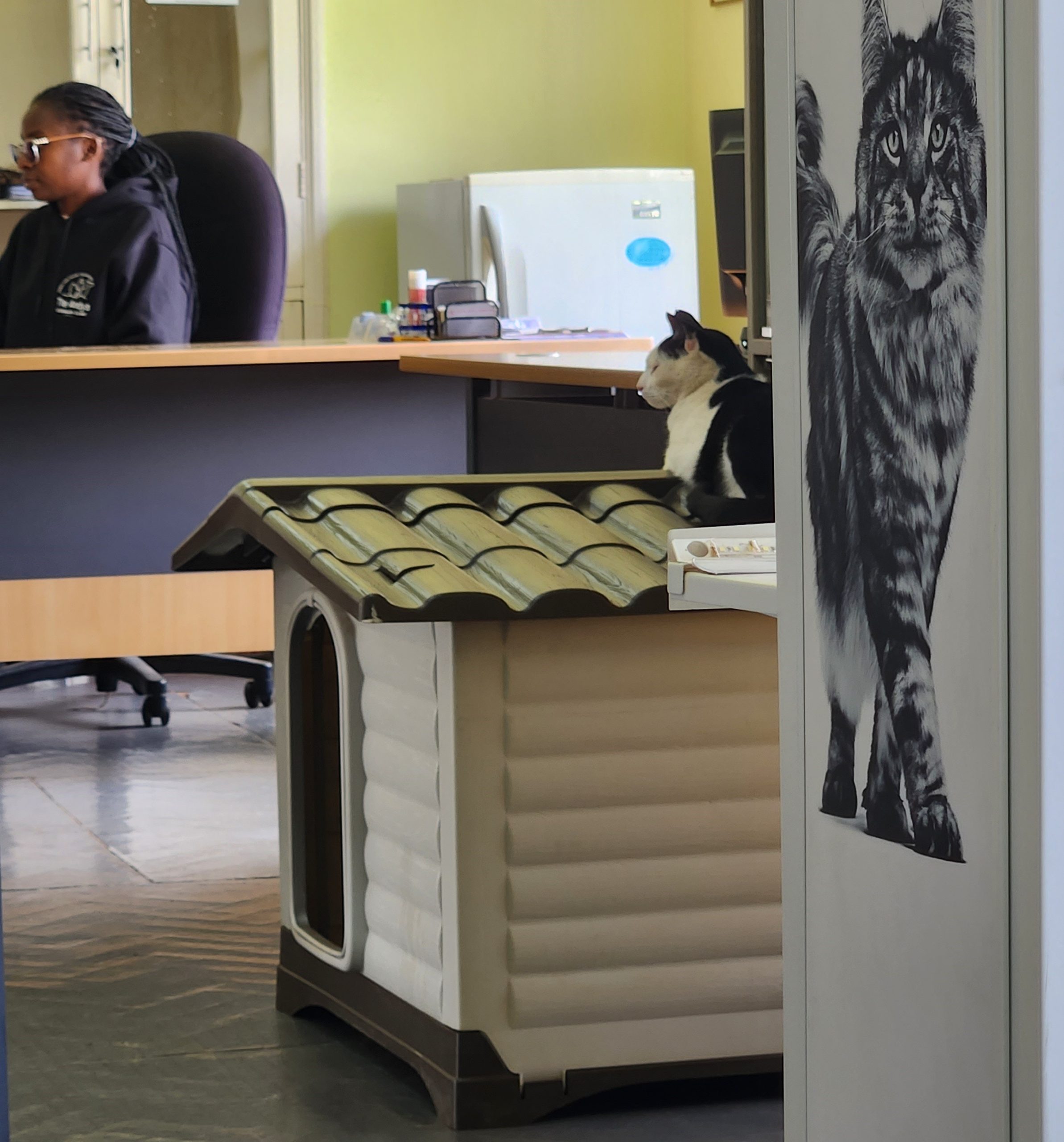Feline Leukemia virus (FeLV)
Feline Leukemia virus affects cats and is related to FIV or HIV, However, it does not affect human beings. Like, FIV which is mostly transmitted through cats bites (common in male cats when they go hunting for a molly or queen), FeLV is more contagious and is passed though sharing of food or water or litter box with an infected cat. Prolonged grooming increases the risk of infection between cats, however, the virus is fragile and does not stay in the environment for a long period. Infected cats shed large quantities of the virus through saliva, milk,urine and feces. Queen can pass the virus to kittens while they are in utero. Stray cats or even cats who have owners especially in estates are more susceptible due to the increased risk of contact with an infected cat.
Cat will exhibit different symptoms which vary from loss of appetite or anorexia, fever, vomiting and diarrhea, stomatitis, gingivitis, lethargy, recurring infections to even death.
Infected cats are susceptible to secondary bacterial infection as well as tick and flea bite infections. It has been shown that cats with FeLV are more susceptible to cancer like lymphoma or lymphosarcoma, a form of blood cancer.
Treatment of infected cats is symptomatic, however, new forms of treatment like the Lymphocyte T-Cell Immunomodulator helps to improve the white blood cell count and subsequently improves the chances of recovery. These treatments are not commonly available in some parts of the world and can be expensive. Infected cats should be kept away from other cats and owners need to be aware that they are susceptible to other infections.
Prevention is through vaccination and the first thing when one owns a cat is to visit your veterinarian for vaccinations and advice.





